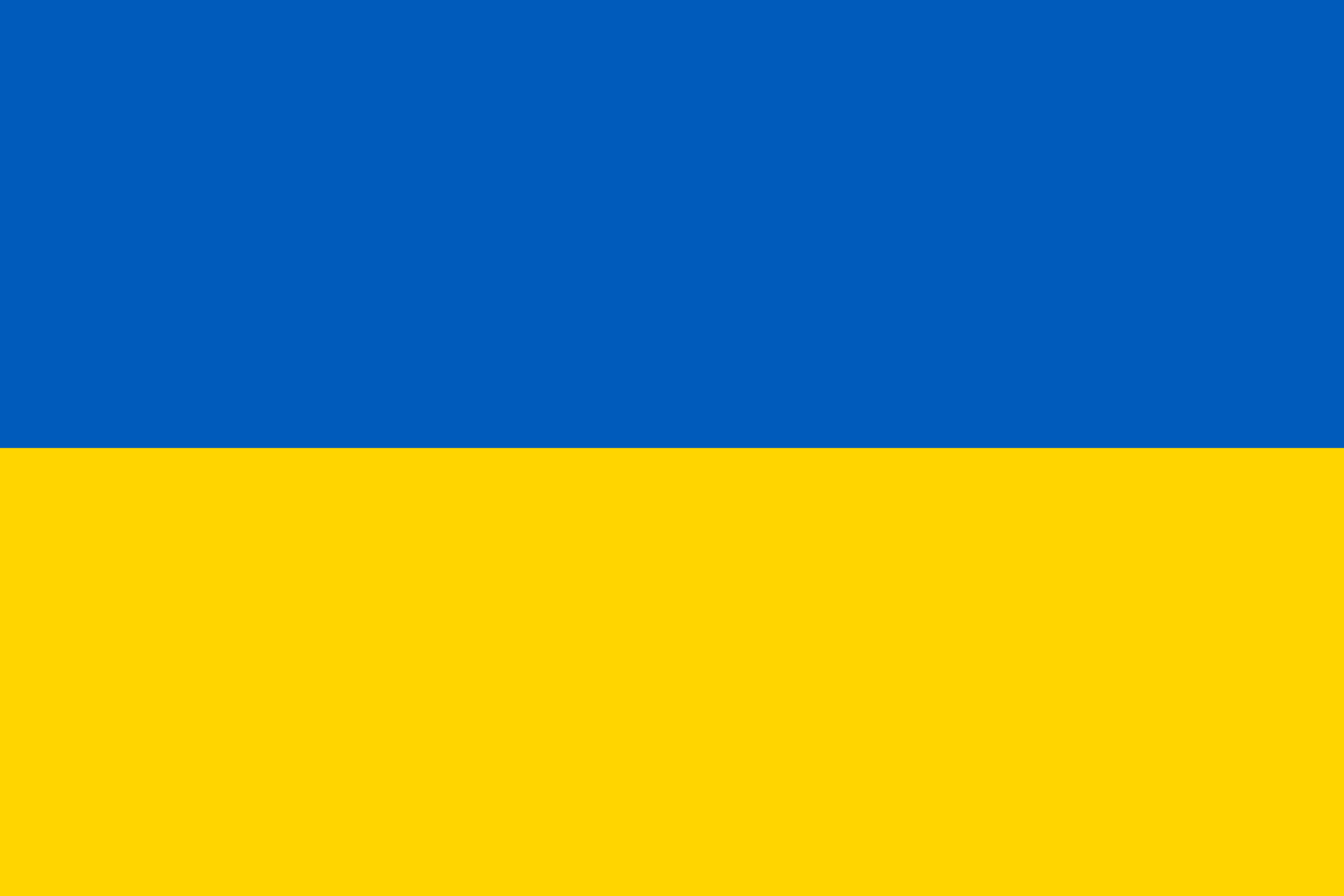On February 24, 2022, the Russian Federation escalated the war against Ukraine which started in March 2014. According to the United Nations International Organization for Migration, as of March 11, 2022, there were estimated 6.48 million internally displaced Ukrainians. UN agencies also report that over five million Ukrainians have fled the war and relocated abroad. Many of these people have specific legal needs that should be addressed. At the same time, Ukrainian universities faced disruption of their education processes due to the war. Law schools continue to struggle to adapt to the new context. Law students lack externship placements to apply the knowledge they gained in law schools and develop their legal skills. These externships are required for bar certification. Many law professors had been displaced internally or abroad and lost their libraries, archives, and teaching materials, which impacts the quality of education and scholarship they can produce. High-quality legal education is crucial for the future of Ukraine as current law students will be involved in criminal and civil war-related cases within the next few years. The outcome of those war-related cases will depend on their skills in applying International Criminal Law and International Humanitarian Law as well as other legal skills.
USC-ROLC is developing a database of potential host organizations for Ukrainian law students to complete internships or externships and support law students’ eventual placement into positions. USC-ROLC is also planning to help build and manage the online database and website for Ukrainian law students to make sure that they find appropriate internship hosts and get the most out of their internships. By connecting students with the possibility to serve (virtually or in-person) in clinics, internships, or other similar supervised, skill-building service opportunities, USC-ROLC accomplishes multiple objectives. First, as practical learning is a condition of graduation, this effort will continue the learning progress of classes of law students and allow them to complete their graduation and begin their legal careers. Second, by capitalizing on the visibility on the world stage of the situation of Ukraine, the range of practical learning opportunities for Ukrainian law students can be expanded. And, third, in as much as this effort will require the development of databases of contacts, standards for internship service or clinical participation, and other efforts to systematize the practical learning process, USC-ROLC aides the on-going improvement of the quality of legal education in Ukraine and thereby the core capacity of legal professionals, including judges, lawyers, prosecutors, notaries, law clerks, and legal assistants, to effectively apply the rule of law.

